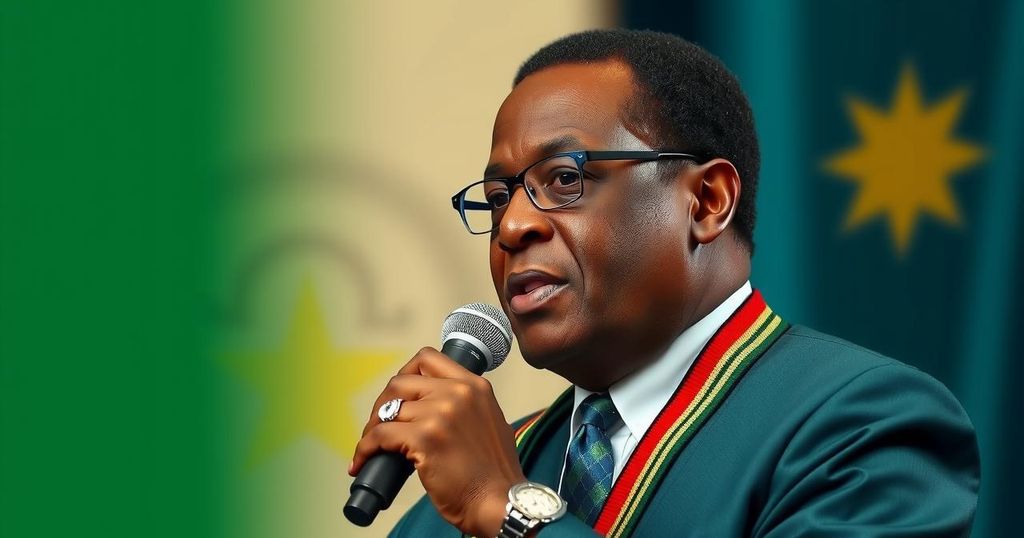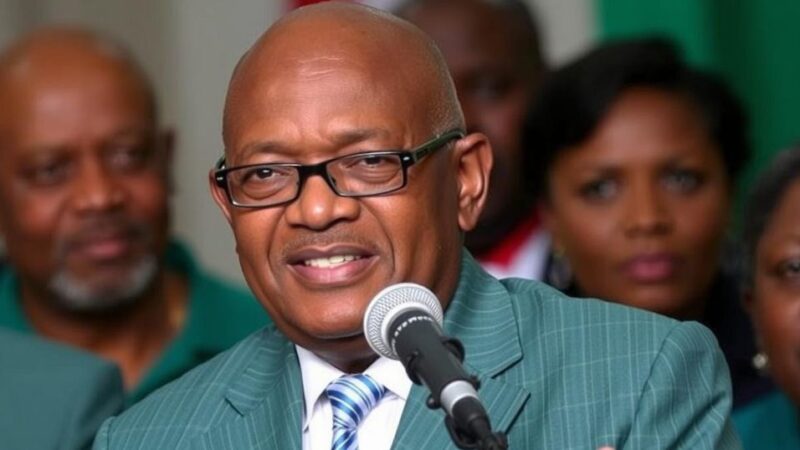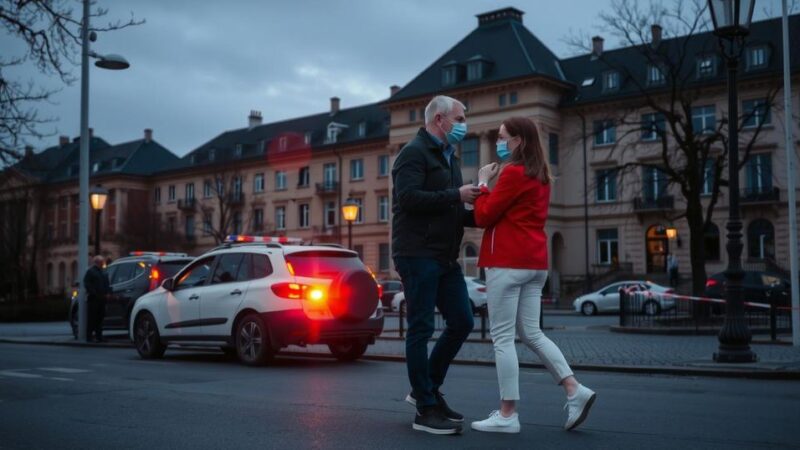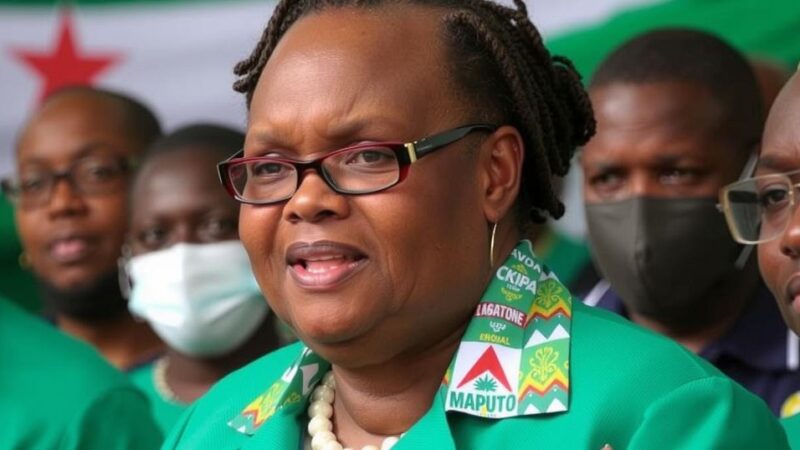The Speaker of Parliament, Rt. Hon Alban Bagbin, insists there is no constitutional crisis in Ghana amid ongoing disputes over four parliamentary seats. He advocates for resolution through dialogue rather than judicial interference. Chief Justice Gertrude Torkornoo, however, labels the situation a constitutional crisis requiring urgent attention, emphasizing delays in the legal process. The Supreme Court has dismissed Bagbin’s attempts to overturn rulings concerning these seats, further intensifying the debate between parliamentary authority and judicial oversight.
Speaker of Parliament, Rt. Hon Alban Bagbin, has sought to reassure the public and media that the ongoing disputes within Parliament do not constitute a constitutional crisis. This statement follows the Supreme Court’s decision to reject Speaker Bagbin’s attempt to reverse a prior ruling, which barred him from declaring certain parliamentary seats vacant. In an address given on November 6, 2024, in Accra, Speaker Bagbin maintained that the situation could be resolved through constructive dialogue rather than resorting to judicial intervention. He asserted, “There is no constitutional crisis in this country. I repeat, there is no constitutional crisis in this country,” urging parties involved to remain calm. Furthermore, he outlined that Parliament possesses the constitutional authority to revoke seats held by Members of Parliament who have defected to other parties or who seek to run as independents in future elections. Speaker Bagbin further accused the Executive and Judiciary branches of conspiring to undermine legislative authority amidst these disputes. The Chief Justice, Gertrude Torkornoo, characterizes the parliamentary discord over the four contested seats as a constitutional crisis, emphasizing the necessity for immediate resolution. During court proceedings on October 30, 2024, she expressed her frustration regarding perceived delays in the judicial process, insisting on swift action from Speaker Bagbin’s attorney. Chief Justice Torkornoo remarked, “This is a constitutional crisis; we are living in a country where Parliament is not sitting. What is going on?” She urged the Speaker’s legal representative, Thaddeus Sory, to ensure the timely submission of required legal documents. The Attorney General has proposed that the Speaker be excluded from the ongoing legal discourse, emphasizing that his office typically addresses matters involving public officials and constitutional interpretation. The Supreme Court subsequently denied Speaker Bagbin’s request to overturn a ruling pertaining to his declaration of vacant seats, a decision stemming from a complaint lodged by Effutu MP Alexander Afenyo-Markin. Bagbin’s legal team has contested the jurisdiction of the apex court as part of their defense.
The issue at hand involves a dispute regarding the status of four parliamentary seats within Ghana’s Parliament, which Speaker Bagbin intended to declare vacant due to certain MPs switching party affiliations or asserting their independence ahead of elections. This situation has sparked a significant legal debate, with the Supreme Court intervening to maintain the integrity of the parliamentary process while addressing constitutional interpretations and jurisdictional limits. Chief Justice Torkornoo’s characterization of the dispute as a constitutional crisis highlights tensions between the legislative and judicial branches of government.
In conclusion, Speaker Bagbin’s assertion that there is no constitutional crisis in Ghana emphasizes his commitment to resolving disputes within Parliament through dialogue rather than judicial rulings. Despite Chief Justice Torkornoo’s concerns regarding delays in addressing the situation, Speaker Bagbin maintains the authority of Parliament to act on matters concerning its members. As these proceedings unfold, it remains crucial for all parties to engage constructively and uphold the constitutional framework that governs the nation.
Original Source: www.ghanaweb.com







